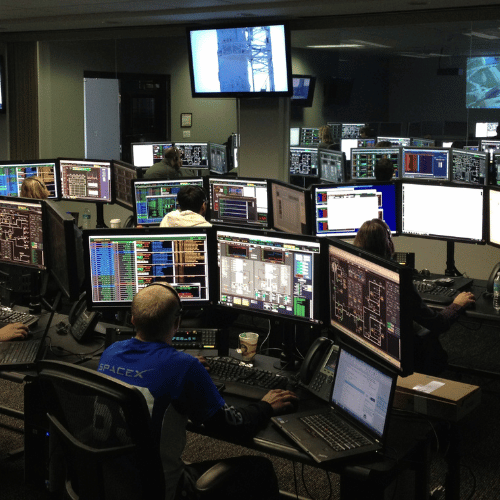In today’s digital world, websites play a key role in the online presence and communication of companies and individual brands with their customers and audiences. Because of this key role, it is extremely important to monitor various aspects of a website’s performance. But why is website monitoring so important?
One of the main reasons why website monitoring is so important is that it allows you to check that all elements of your website are working properly. This includes not only checking if your website is accessible, but also monitoring its features, such as contact forms, shopping carts, links, and interactive elements. Anything that isn’t working properly can lead to user frustration and potentially result in lost customers or sales.
A website failure can lead to significant financial losses. If your website is down, your customers can’t use it – that means they can’t make purchases, book services, or simply get important information. That’s why it’s imperative that you constantly monitor your website’s accessibility so that you can identify and fix the problem as soon as possible, before it affects your users.
Page load time is a key factor that affects user experience. According to Google, 53% of users will abandon a page if it takes longer than 3 seconds to load. Slow load times can contribute to high bounce rates, low engagement, and ultimately lost sales. By monitoring page performance, you can identify issues that cause delays and optimize them to ensure users have quick and smooth access to your page.
The digital world is full of threats, and websites are one of the main targets for hacker attacks. These attacks can lead to data breaches, which are not only extremely damaging to a company’s reputation, but can also lead to serious legal and financial consequences. Regular website monitoring allows for quick detection and neutralization of attacks, which in turn allows you to keep your data and information absolutely safe.
Monitoring a website does not end with checking its availability and performance. It is also a key element of website traffic analysis and SEO optimization, which are essential for understanding user behavior and adapting the site to their needs. With tools like Google Analytics, we can monitor where our users come from, which pages they visit most often, how long they stay on the page, and many other important data that will help us improve the site and increase its visibility in search engines.
In short, website monitoring is incredibly important for any business or individual brand with an online presence. From ensuring flawless performance, to optimizing performance and security, to understanding and adapting to user needs, monitoring is a key element in website management. Therefore, every website should be under constant observation to identify any issues and respond promptly, which translates into user satisfaction and online success.
